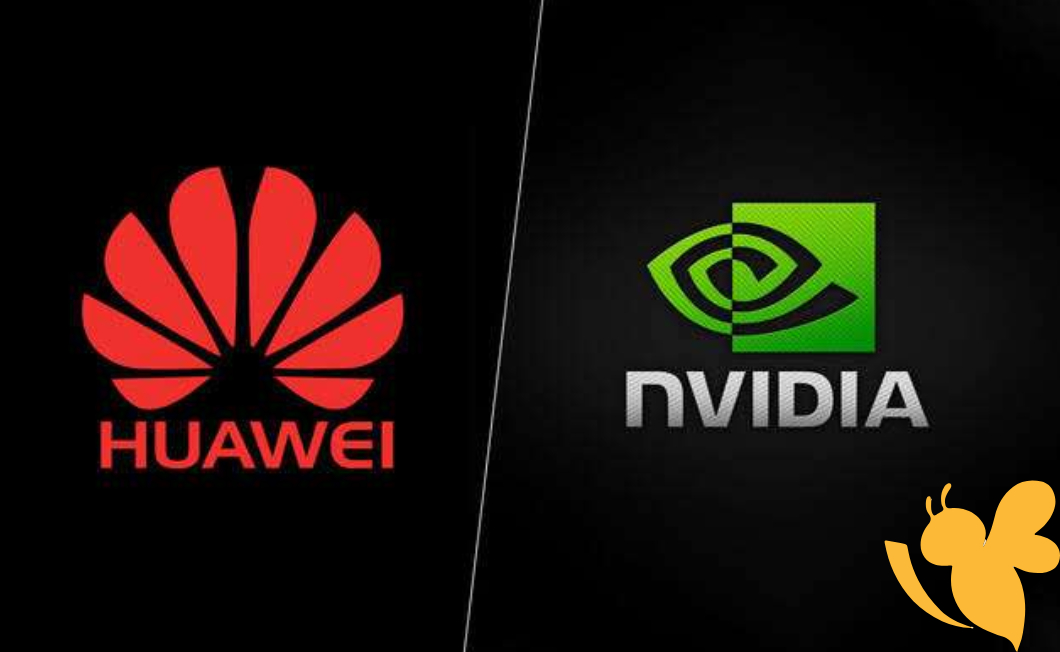Huawei's attempts to penetrate the AI chip market in China are significantly hampered by its competition with Nvidia, which currently maintains a dominant position. Despite Huawei's Ascend 910C chip being technologically comparable to Nvidia's H100 GPU, several critical issues hinder its adoption among major Chinese tech firms such as ByteDance, Alibaba, and Tencent (Custom). These companies have invested heavily in Nvidia’s software ecosystem, particularly CUDA, which provides robust support for AI applications. Consequently, Huawei faces an uphill battle in persuading these firms to switch to its products.
One major reason why big Chinese tech firms are hesitant to make the switch is that their data centers and engineering teams are built around Nvidia’s CUDA software. Moving to Huawei’s ecosystem would require rewriting code, retraining staff, and losing access to tools that have been developed over the past 15 years. Testing has also revealed some problems: Huawei’s latest AI chip, the Ascend 910C, often overheats, and its Compute Architecture for Neural Networks software lacks many of CUDA’s features.
Despite Nvidia CEO Jensen Huang's warnings about Huawei's increasing capabilities and China's accelerated chip development driven by U.S. export restrictions, major Chinese AI players like ByteDance, Alibaba, and Tencent have not significantly embraced Huawei's Ascend chips. This is happening even as Nvidia's supplies are constrained by U.S. trade controls. The Information reports that Huawei struggles to convince top Chinese tech companies to use its chips, with concerns raised by engineers and executives regarding performance issues and potential violations of U.S. trade laws.
These companies reportedly harbor worries that close collaboration with Huawei could expose them to secondary sanctions or other repercussions from the U.S. government. Furthermore, while Ascend chips have made strides, they still lag behind Nvidia's high-end offerings in terms of raw performance and software ecosystem maturity, making them a less attractive option for demanding AI workloads. This reluctance among China's tech giants presents a considerable challenge for Huawei as it seeks to establish itself as a viable alternative to Nvidia in the AI chip market, particularly given the geopolitical pressures and the need for technological self-sufficiency.
The challenges faced by Huawei extend beyond software compatibility. The Ascend chips are reportedly one generation behind their American counterparts and suffer from overheating problems that undermine their performance . Furthermore, geopolitical tensions have complicated the landscape for Huawei; U.S. export controls restrict the company's access to certain technologies necessary for enhancing its chip offerings . As a result, while Huawei continues to innovate with initiatives like CloudMatrix 384 and various translation tools, it remains at a disadvantage compared to Nvidia's well-established infrastructure.
Read more
RFK Jr. removes all vaccine advisors from CDC panel, planning to appoint new members Trump escalates National Guard presence amid LA protests and police standoffSara H
Also on site :
- Eric Adams roasted online over bizarre ‘Netflix and chill’ blizzard comment as New York prepares for snow
- ‘Yeehaw couture:’ Why everyone wants to dress like a cowboy now
- Richard Quinn signals the hourglass as key silhouette for autumn/winter 2026

